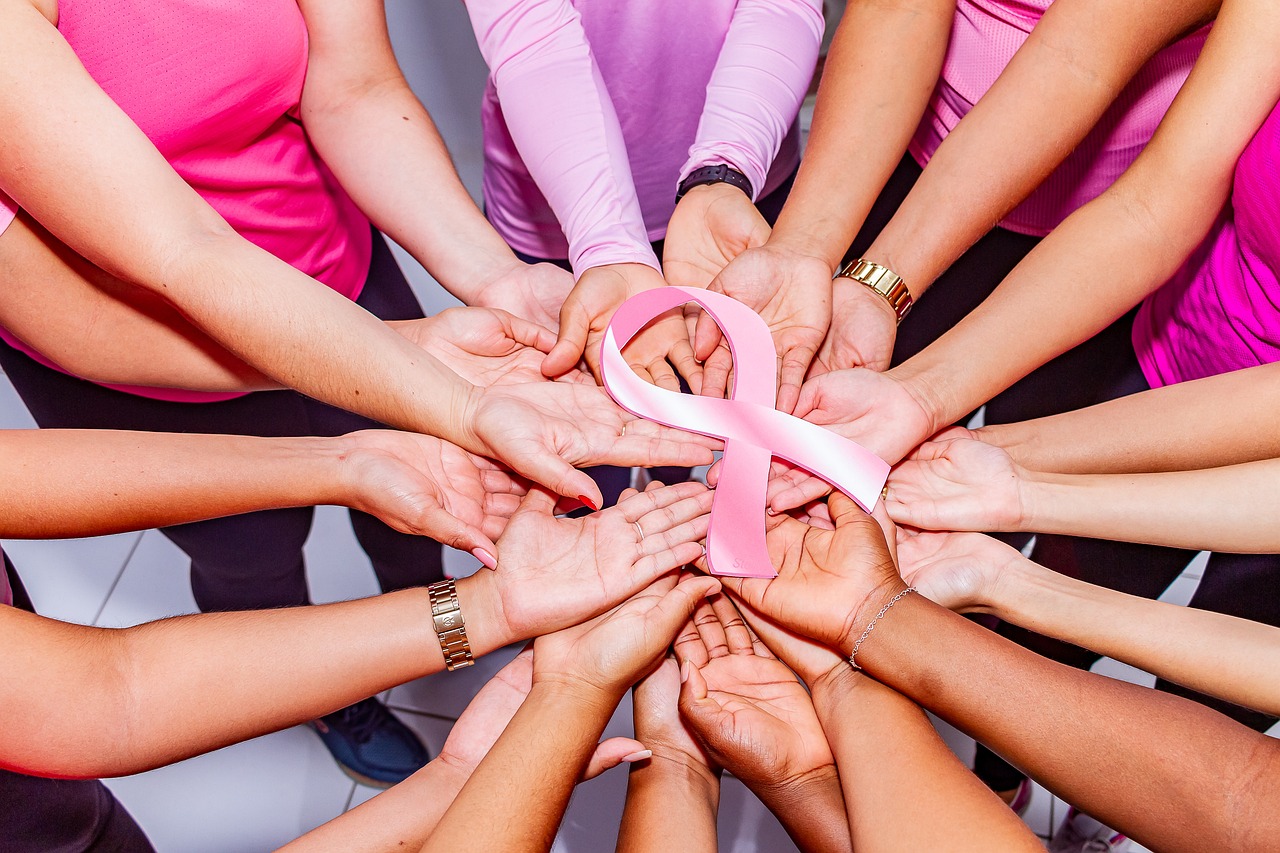Every October, the world turns pink as Breast Cancer Awareness Month takes center stage. This annual event serves as a powerful reminder of the importance of early detection, prevention, and support for those affected by breast cancer. Breast cancer remains one of the most prevalent cancers globally, affecting millions of people each year. However, with increased awareness, education, and support, we can make significant strides in the fight against this disease.
Understanding Breast Cancer
Breast cancer is a disease that originates in the cells of the breast. It can occur in both men and women, although it is much more common in women. The breast consists of glandular tissue, which produces milk, and connective tissue that includes fatty tissue and fibrous tissue. Breast cancer can develop in any of these components and is categorized into different types based on its origin and characteristics. Understanding why cells become abnormal and multiply uncontrollably is very important in finding the right treatment.
Early Detection Saves Lives
One of the most critical messages of Breast Cancer Awareness Month is the importance of early detection. When breast cancer is diagnosed at an early stage, the chances of successful treatment and survival increase significantly. According to CDC and American Cancer Society, regular breast self-exams, clinical breast exams, and mammograms are essential tools for early detection.
- Breast Self-Exams: Encourage individuals to perform monthly breast self-exams to become familiar with their breasts’ normal appearance and feel. Any changes should be reported to a healthcare professional.
- Clinical Breast Exams: Regular check-ups with a healthcare provider, where they examine the breasts for abnormalities, are crucial in detecting any potential issues.
- Mammograms: These X-ray images of the breast can detect breast cancer even before symptoms are noticeable. Mammograms are recommended for women starting at a certain age, as advised by healthcare professionals.
- Yes, detecting breast cancer earlier can have a better prognosis but having a diagnosis of any cancer can put people in a constant stress mode. As we know, a chronic stress leads to immune system dis-regulation that initiates many diseases and impedes body’s healing. So, stop cancer from appearing in the first place is the best.
Prevention and Risk Reduction
Breast cancer prevention involves adopting a healthy lifestyle and minimizing risk factors. While some risk factors, like genetics and family history, are beyond our control, there are several steps individuals can take to reduce their risk:
- Maintain a Healthy Diet: A diet rich in fruits, vegetables, and lean proteins can help reduce the risk of breast cancer. Adding some superfood is helpful as well.
- Regular Exercise: Engaging in regular physical activity can reduce the risk of breast cancer, as well as improve overall health but remember that overexercising can put your body in a stress respond.
- Limit Alcohol Consumption: Excessive alcohol intake is associated with an increased risk of breast cancer. The liver must work hard to detoxify alcohol instead of eliminating dangerous estrogen metabolites that can cause a DNA damage.
- Avoid Smoking: Smoking is linked to many types of cancer, including breast cancer due to oxidative stress. Quitting smoking can reduce overall cancer risk and improve health.
- Help your liver to detoxify dangerous estrogen metabolites with supplements.
- Optimize your gut health and more.
Conclusion
Breast Cancer Awareness Month is a crucial opportunity to remind ourselves of the importance of early detection, prevention, and support for those affected by breast cancer. By educating ourselves, taking preventive measures, and offering our support, we can make a significant impact in the fight against this disease. Together, we can help raise awareness, provide hope, and contribute to a future where breast cancer is no longer a life-threatening diagnosis.


